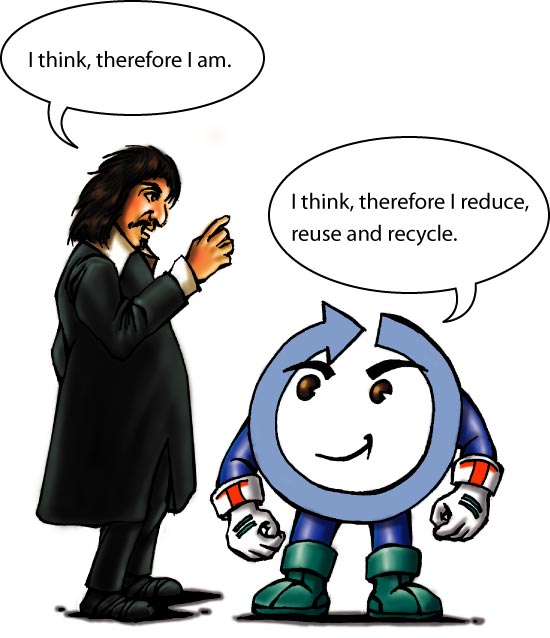For decades, conservationists have argued that mangrove swamps in the country should be left unmolested by development. Often to no avail. Today they found a powerful ally: Malaysia Prime Minister Datuk Seri Abdullah Ahmad Badawi.
Datuk Seri says: "Mangroves should not be touched, they act as a barrier for big waves ... they break the waves,"
Datuk Seri says: " "If they have been damaged, then there is a need to replant,"
Penang Inshore Fishermen’s Welfare Association (Pifwa) chairman Saidin Hussein says: "If there had been more mangrove swamps in Pulau Betong, fewer people would have died."
Simon Cripps, head of the World Wide Fund for Nature’s marine programme, says: "mangroves and coral reefs acted as shock absorbers"
Enviroman says: "amen."
Mangroves, with their complicated root systems, help to bind the shore together, effectively providing a shield against destructive waves. A 1997 study in Vietnam showed that a strip of six-year-old mangrove trees, 1.5 kilometres wide, can reduce a one-metre high wave at the open sea to 0.05 metre at the coast. The reason for the reduction is the drag force on the trees.
Simeuleu Island, a mere 40km from the epicentre was saved by the wide belt of mangroves. There were only 4 fatalities.
Five villages 100km to the south-east of Bandar Aceh in Julok were saved by the extensive mangroves in that area.
Mangroves helped save an Indonesian island of Palau Seumpelu, located near the earthquake epicentre. The island, with a population of around 60,000, lost only a hundred villagers whereas similarly populated places on the mainland of Sumatra had casualties by the tens of thousands.
If the mangroves in Bandar Aceh had not been cleared for development, the town would have been spared most of the terrible destruction caused by the tsunami.
Enviroman hopes that reconstruction of the town will not take place on the old site, but rebuilding should be further inland and the mangroves replanted.
Monday, January 10, 2005
Subscribe to:
Post Comments (Atom)

2 comments:
As the human life losses from the tsunami continue to mount, experts are calling for a globalk early warning system for all such natural catastrophies soon, objectives being to reduce the number of fatalities from such disasters. This is at the top of the agenda for a United Nations sponsored conference to be held this week at Kobe, Japan. While such early warning system will help, nothing good may come out of it without proper communication system. As Klaus Toepfer, head of the UN Environment Programme said, people must also be taught that damage to the environment could worsen natural disaster as the recent tsunami had shown. Destruction of coral reefs and mangrove forests in some areas may have worsen the devasation caused the waves. The conviction has grown that we need the integration of nature in the early warning system. If this is so, than at least some positive development have come from this terrible calamity.
After that very gratifying statement by Malaysia's Prime Minister, Enviroman will like very much to post here good reports of progress and improvement. Unfortunately, this will not be the case. In The New Straits Times Feb 15 2005 it is reported that destruction of the Mangroves in Balik Pulau, Penang, IS continuing, that a tiger prawn and fish farm at Jalan Baru on the southwestern tip of the Penang island has recently cleared a substantial number of mangrove trees to make way for more fish and shrimp ponds to widen the irrigation canal at the farm. We sincerely hope that something will be done. The credibility of the Prime Minister is at stake here.
Post a Comment